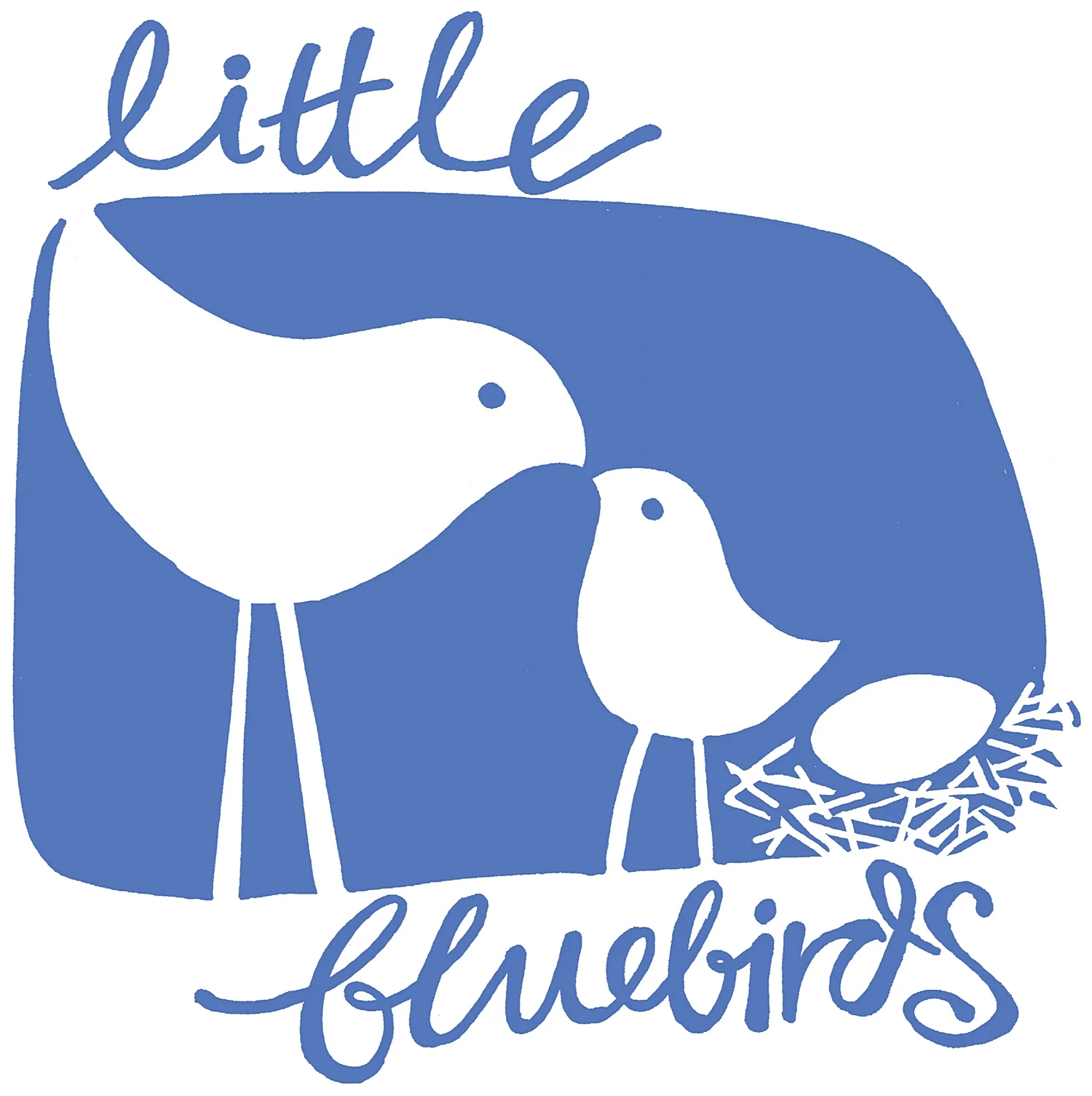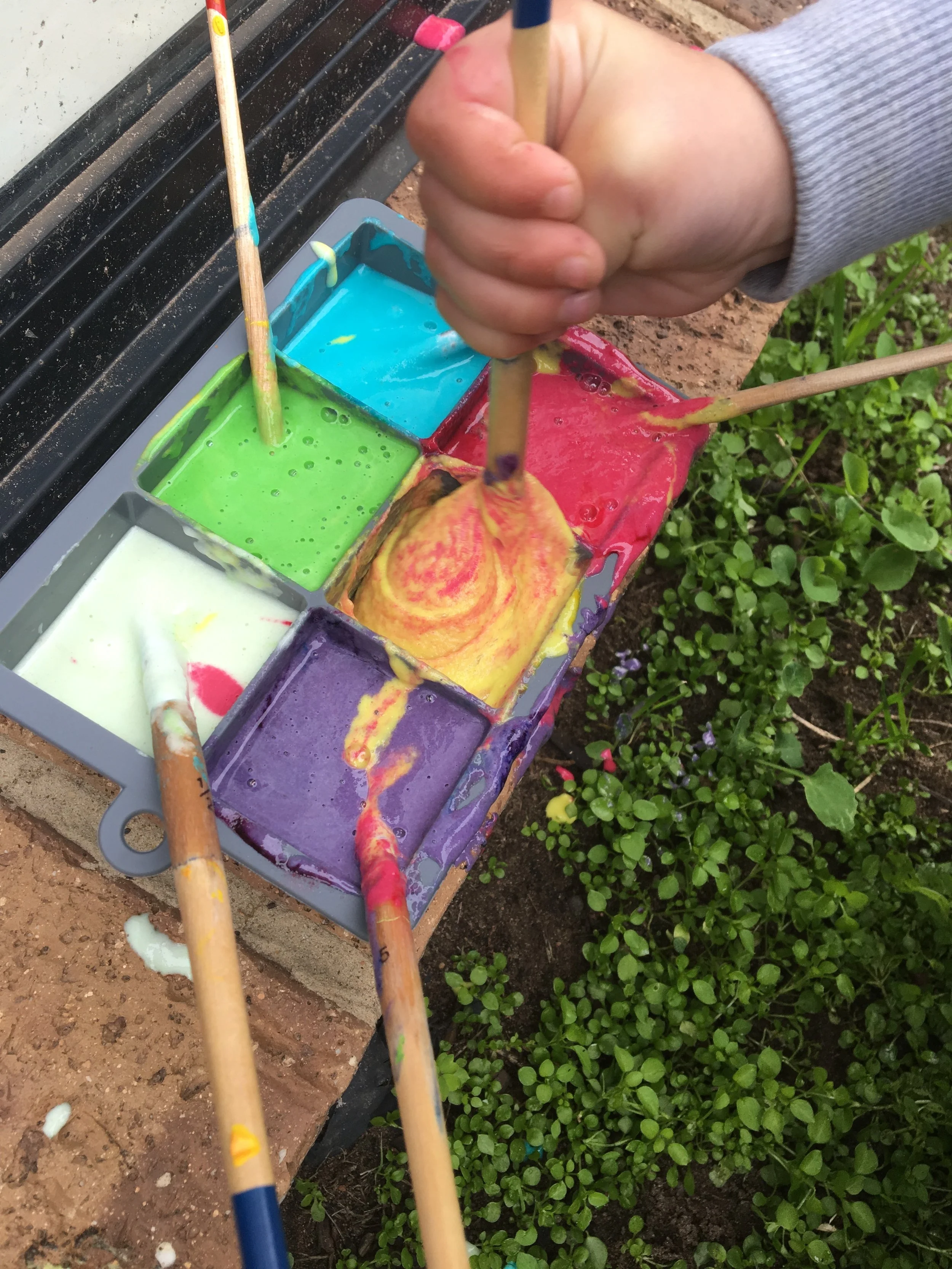Harnessing the power of music
In my last blog post we looked at why music is so important for kids and their development.
"Yes, yes" you might say... "but what's in it for ME???"
Well, here are two reasons why bringing music into your little one's life can make YOUR life easier!
1. Manipulating, I mean, managing behaviour
Guiding your toddler's behaviour in positive ways can be exhausting and sometimes can turn into an out-and-out battle. And have you noticed that the more you need them to do something in a hurry, the more likely they are to throw a tantrum and completely refuse?
Here's my little one refusing to get back into the car on a road trip. After an attempt at coaxing, and then my Cross Mumma voice, it was finally a rendition of 'Following the leader' from Peter Pan that did the trick.
Try lightening the situation by singing them into compliance. Sometimes it is amazing the difference a sung invitation, 'This is the way we brush our teeth, brush our teeth, brush our teeth...' can have, as opposed to your Cross Mumma voice. Of course, you need to be prepared to enter a playful space with your child and indulge in a few extra silly verses just for the fun of it... 'This is the way we blow a raspberry...'. You just might find yourself giggling too!
If you're trying to get somewhere in a hurry, try one of the travelling songs in my post, 'Walking, walking, walking'. Don't be afraid to change the words to suit your situation - include your child's name, the way you're travelling (walking, running, jumping, flying) and where you're headed (to bed, to the car, to the bath)... 'Jump all around kids, jump all around. Into the bath kids, jump all around.'
2. Music soothes the savage beast
The wisdom of generations of mothers tells us that lullabies help babies fall asleep. If your little one is tired but just doesn't want to drift off to sleep, join the long line of mummas before you... check your baby has a clean bottom, a full tummy and then swaddle them firmly, take them in your arms and gently rock and sway while you sing them a lullaby.
Any song can become a lullaby for you and your little one - repetition is one of the most important elements. Developing brains are wired for learning so if they hear something new or different they will immediately become more alert and less likely to sleep. So singing the same song again and again and day after day is likely to have the most sleep-inducing success.
But there are some characteristics that make songs particularly suitable to be a lullaby. Look for songs that:
- are short and repetitive
- use small melodic intervals (the melody moves in steps rather than leaps about)
- are in 6/8 or triple meter
TIP: If you're singing your child a lullaby and sense that they have settled into a deeply relaxed state because their body becomes heavy and still, continue the lullaby but switch to humming. Their little brains may be focussing in on the words in your song and by removing this stimulation, they might just be ready to drift off to sleep.
And did you know that even if your baby doesn't go to sleep, YOUR body will relax and calm? Listen to Dr Anita Collins talk about the most recent research into the benefits of lullabies here.
And finally, here are a couple of my favourite lullabies that you might like to add to your repertoire...





